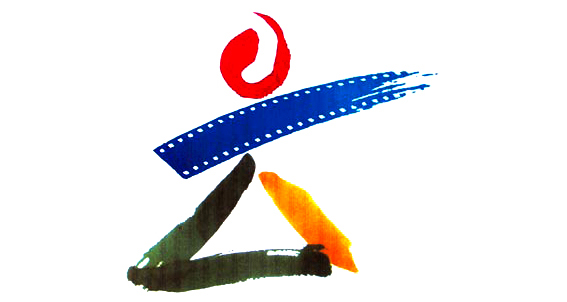
This edition featured a strong lineup of films exploring themes such as colonial legacies, resistance, social justice, and cultural identity, reinforcing the festival’s core mission: giving a voice to African and Arab filmmakers who were often marginalized in Western-centric cinema spaces.
Director: Med Hondo
Country: Mauritania
This powerful and controversial film tackled racism and the experience of African immigrants in France. Boldly mixing documentary and fiction, it criticized neocolonial attitudes and was a highlight of the festival.
🏆 Winner of the Tanit d’Or (Golden Tanit) – the festival's highest award.
Director: Borhane Alaouié
Countries: Lebanon / Syria
A dramatization of the 1956 Kafr Qasim massacre, where Israeli forces killed 49 Palestinian villagers. This film stood as a searing indictment of occupation and violence, and earned critical acclaim for its courage and emotional impact.
Director: Abdellatif Ben Ammar
Country: Tunisia
A Tunisian social-realist film depicting the harsh realities of life for women in rural Tunisia. "Sejnane" explored gender roles, tradition, and oppression with a deeply human lens.
The film received widespread praise, reinforcing Ben Ammar’s status as a leading figure in Tunisian cinema.
While Les Bicots-nègres, vos voisins won the Tanit d’Or, it appears that other prizes were not officially or clearly awarded, or have not been publicly documented in full (“Non déc.” – not disclosed or undecided). This sometimes occurred in the early editions of the festival, when documentation was less standardized.
This edition came during a period of radical artistic and political expression across the African and Arab worlds. Many of the films challenged colonial narratives, critiqued regimes, and told stories from the margins. The JCC provided a rare space where films could be celebrated for their ideological boldness as much as their artistic merit.
The inclusion of films like Kafr Kassem and Sejnane demonstrated the festival’s role in amplifying underrepresented voices and traumatic historical episodes that were often silenced.
By its 5th edition, the Carthage Film Festival had become a meeting place for militant filmmakers, intellectuals, and artists who believed in cinema as a tool for transformation. It symbolized the beginning of a cinematic counter-history, written not from European capitals, but from Tunis, Dakar, Algiers, Beirut, and Bamako.